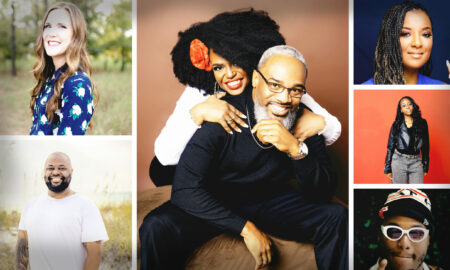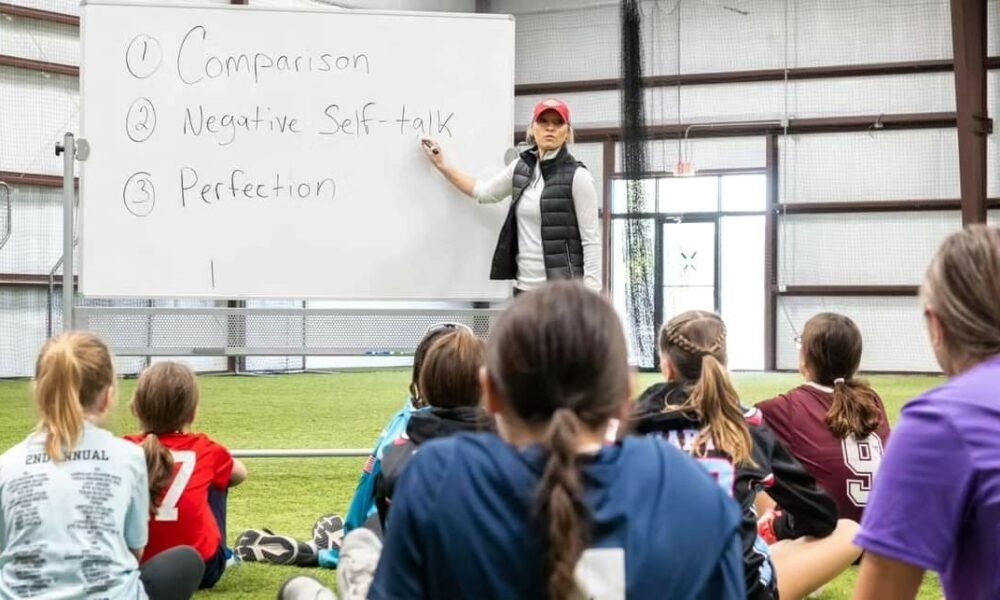

Today we’d like to introduce you to Cortnee White.
Hi Cortnee, so excited to have you on the platform. So, before we get into questions about your work life, maybe you can bring our readers up to speed on your story and how you got to where you are today.
As far as I can remember, sports and competition has been at the center of my life. My mom owned Fitness Gyms and coached most of my early sports. We even lived in one of those Gyms for a while that had a half basketball court attached that I could practice anytime I wanted. So, early on, I was supported and driven to take my passion to the highest level. If you are familiar with being a competitive athlete, the path is winding and uncertain. Especially when you come from a small town out in West Texas where there’s limited recourses to be seen. As my senior year rolled around, I had no offers and hardly applied anywhere certain I was going to get picked up by a school. No school came for me, so I was faced with a choice to move on and accept that maybe I just didn’t have what it takes or take a chance and try to walk on somewhere. I chose not to go out without swinging first. I made that tryout, and 2 years later, a bigger school recruited me, and I ended up playing all 4 years of College on Scholarship. While in school, I took a sports psychology class and felt like that was something I could relate to more than what I was currently studying (kinesiology). From then, I had set my sights on becoming a sports psychologist. The field was small, and our school at the time didn’t even have a degree plan for sports psychology. So, when I got out and started looking into a master’s program, someone told me I should become a therapist first and then do sports. After reflecting on my journey and the journey of my teammates, I being someone who could help athletes on a deeper level may be the right path. So, that’s what I did. While in my master’s program, I moved out to Dallas in an RV to play women’s arena tackle football and worked in a gym as a personal trainer. Again, I found the need for what I do both in that arena and as a personal trainer, yes the physical component was crucial but what ultimately can get in our way lives within us. More importantly, no one was there to help us address it. I never truly made it to the level I had dreamed of, but fast forward to today, and I sit with some of the best athletes in the world. Providing them with a space to address their mental health and improve their performance. So to me, I made it exactly where I was supposed to be and pushed the field to the next level.
Would you say it’s been a smooth road, and if not, what are some of the biggest challenges you’ve faced along the way?
No, it definitely has been bumpy. Again, the field is small, and coming out of school, there were practically no sports counselors to intern for, and people hardly knew this was a specialization. For the first couple of years, I worked in practices that no one had really worked with that population. I pretty much put sports on the back burner and just worked in primary mental health. After a while I had to find my way into sports and ultimately decided I was going to go all in and try my best to market myself and build this lane that was so hard to find. It took years and people saying, hey, maybe it’s just not big enough yet, or pick another specialty. I refused, and finally, after a great supervisor and building my knowledge, the lane was clear.
Alright, so let’s switch gears a bit and talk business. What should we know?
I am a Sports Therapist and Mental Performance Coach.
My specializations are helping athletes manage performance anxiety, work through mental blocks and slumps, and build strong mental consistency in and out of their competitions. I help athletes identify the source of trouble, build understanding about how they respond in situations, and empower them to be in control of their game. More importantly, I provide athletes with a space that is all there’s to process and work through the things they are struggling with. My approach with athletes reaches farther than the sport itself and provides tools and skills that can be transferred into every aspect of their lives. Sport psychology strategies also play a big role in implementing abilities to calm the body, clear the mind, find focus, and build goals.
I am most proud of the resilience and courage to keep pushing for this area of work. Athletes, for a long time, have been overlooked and under cared for on the mental side. Ultimately, I want to provide a space that can help them achieve their goals and know that their well-being is more important than what the scoreboard says.
Networking and finding a mentor can have such a positive impact on one’s life and career. Any advice?
For those looking to get into this area of work my advice would to be open to learning from those not in your specialty. My greatest knowledge came from someone who knew nothing about sports but allowed me to see things from another perspective. Also, there will be times when you do not have a mentor, and to not let that deter you from your direction. With networking, there are so many Facebook groups and get-togethers, and organizations to be a part of. I would join as many as you can and put yourself out there.
Contact Info:
- Website: https://theathletemind.com/
- Instagram: @TheAthlete_Mind
- Facebook: https://www.facebook.com/mentalgameCW
- Other: https://theathletemind.com/cortneewhitesportsblogarticles
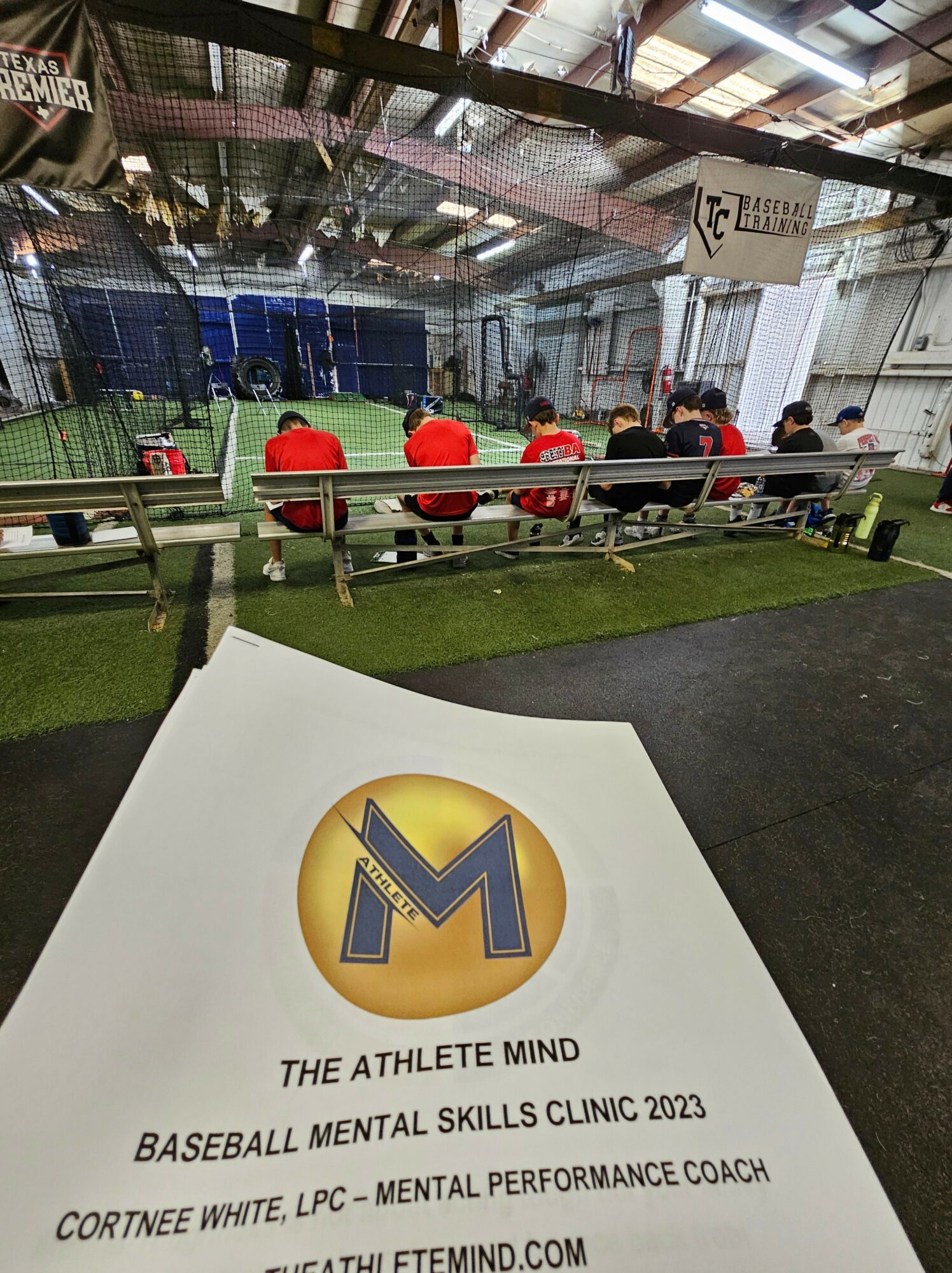
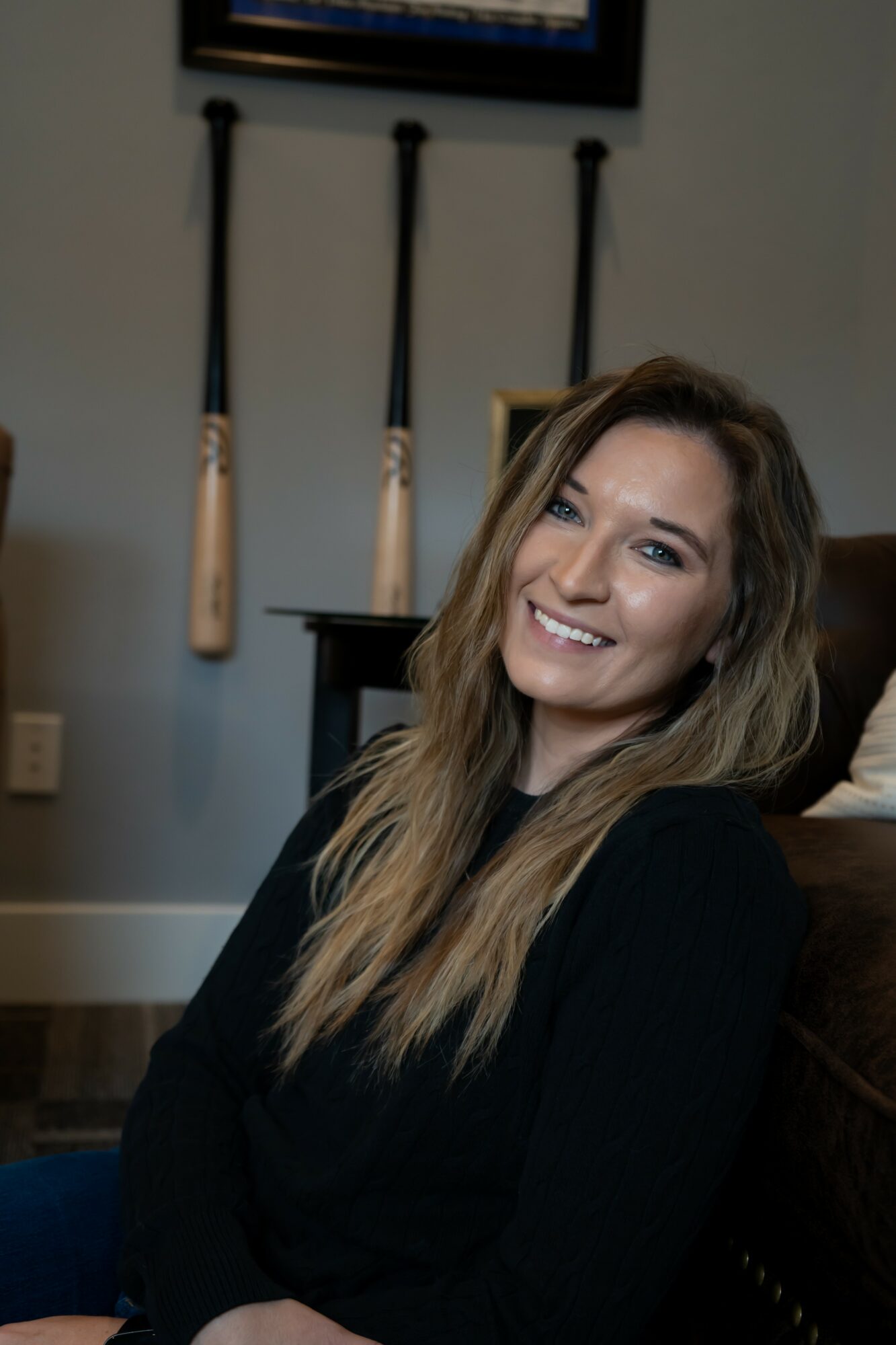
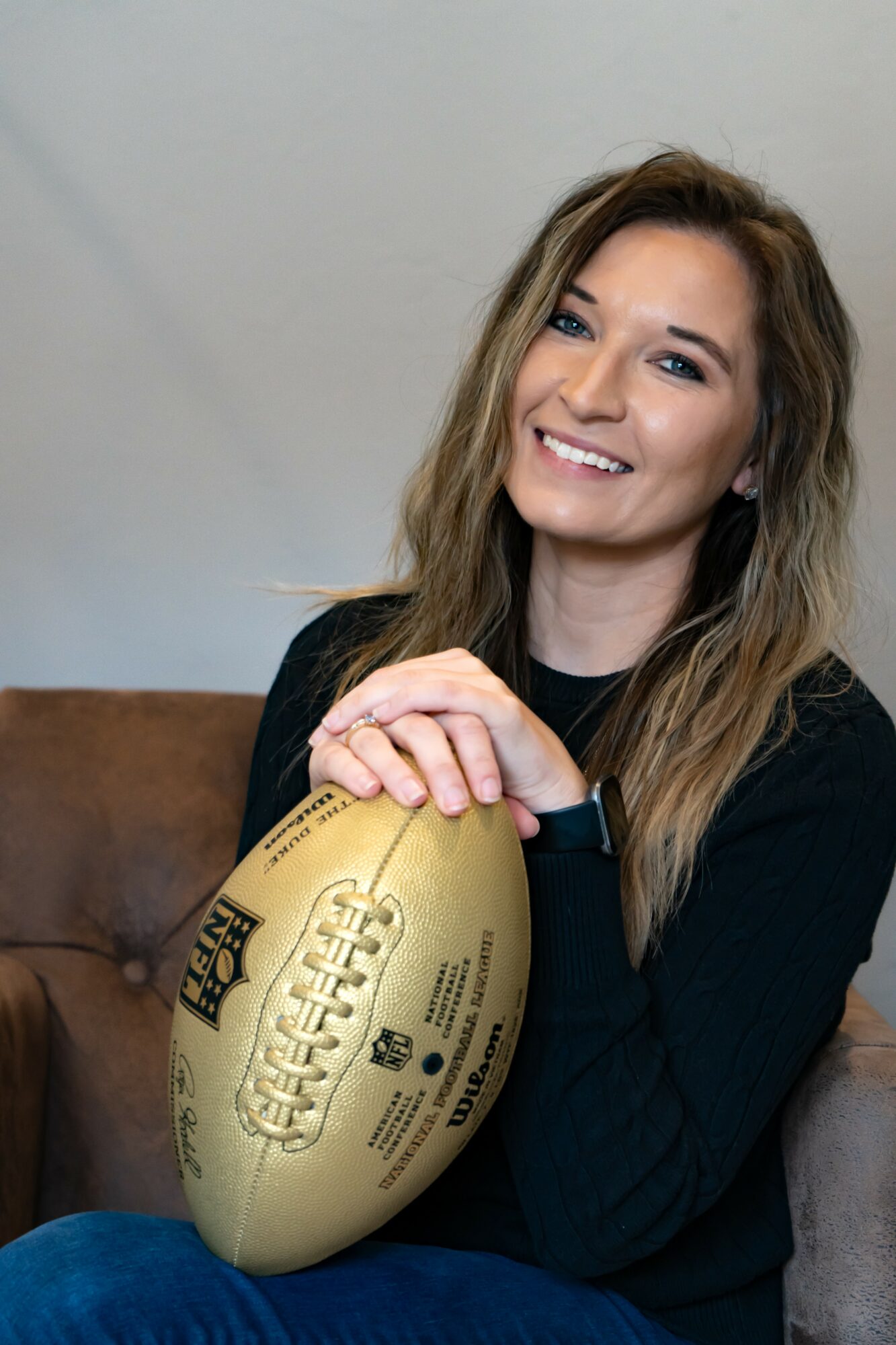
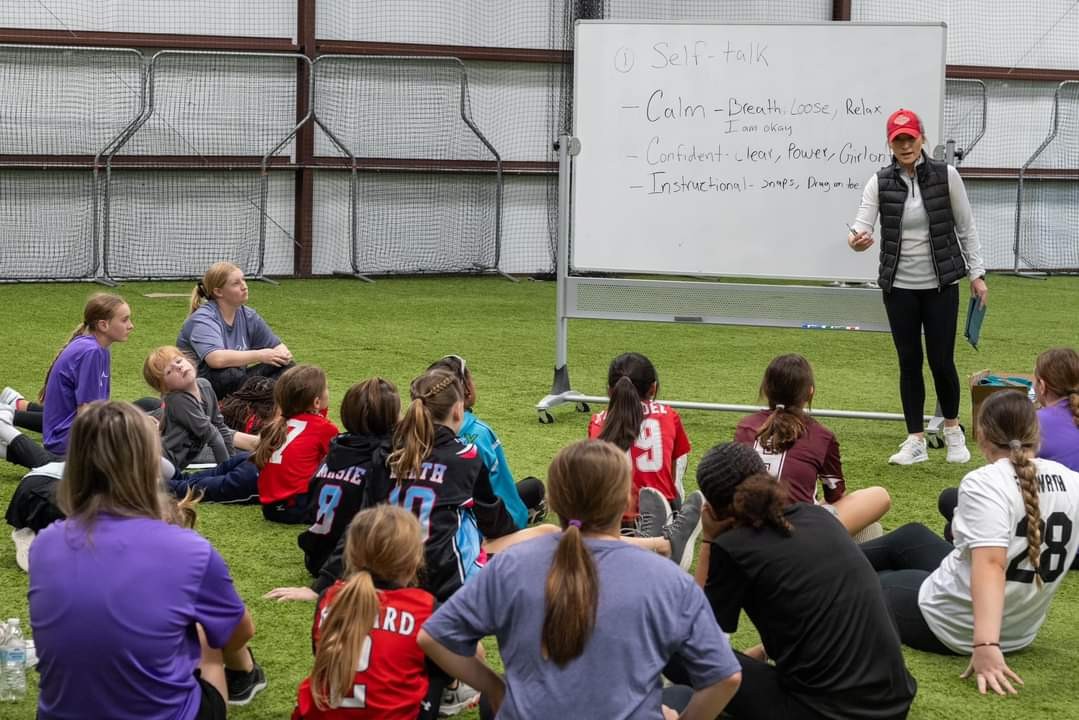
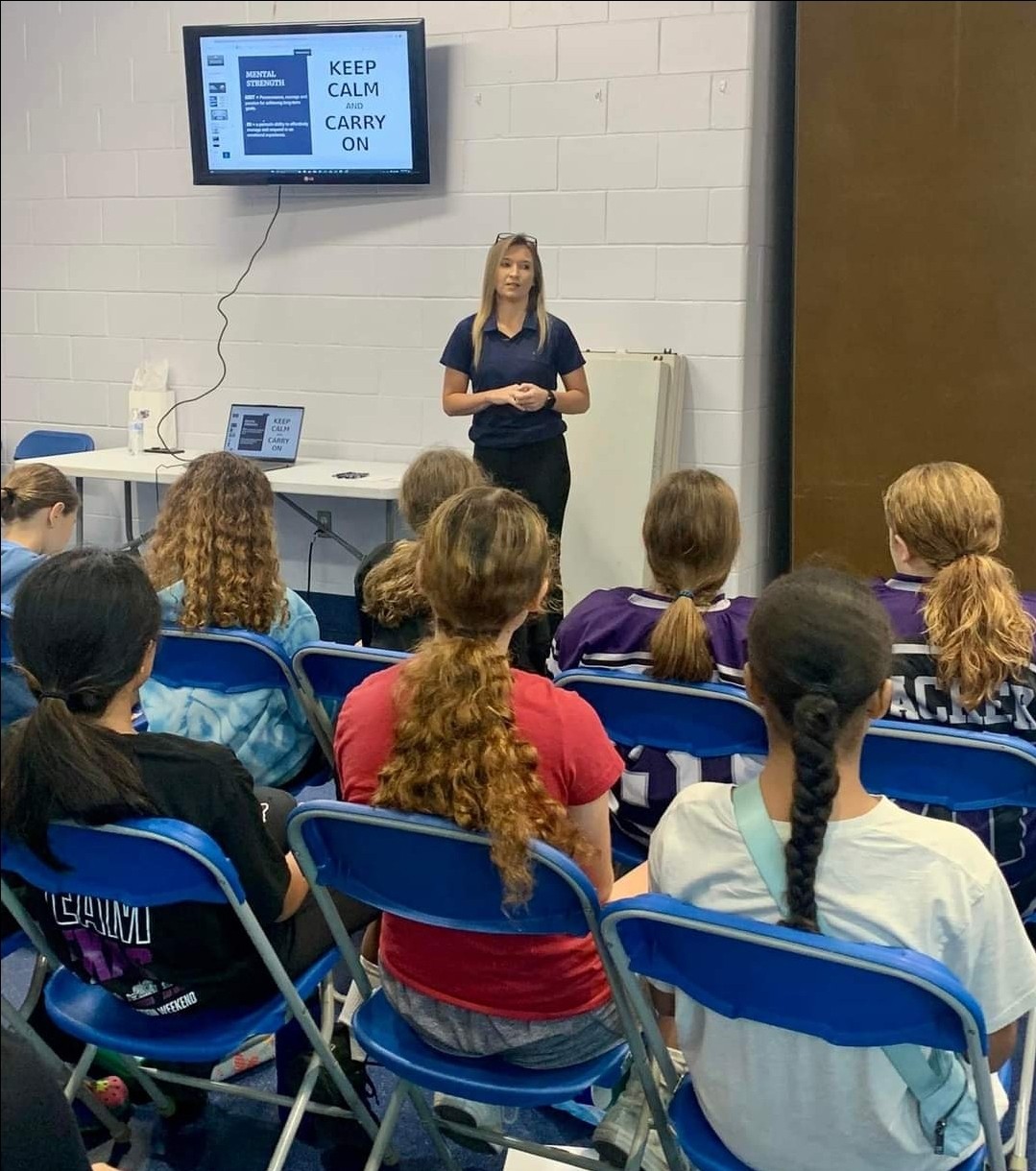
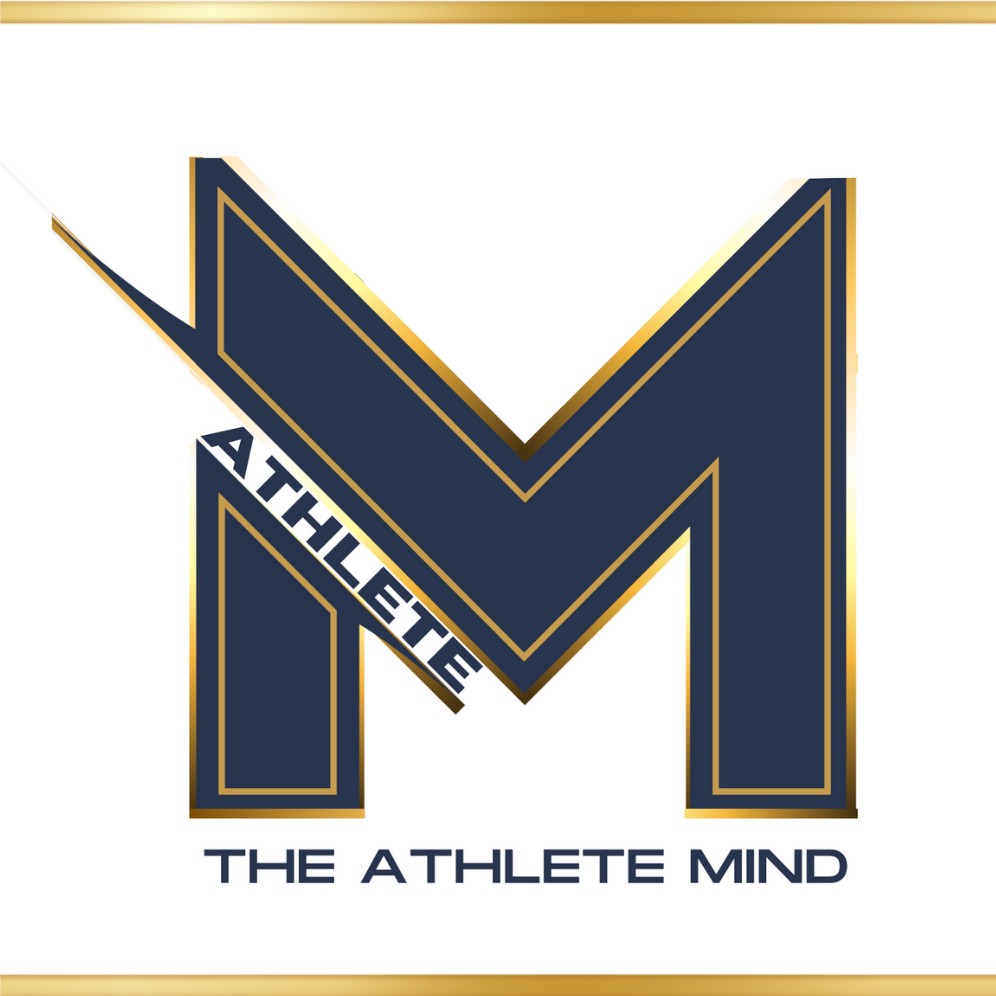
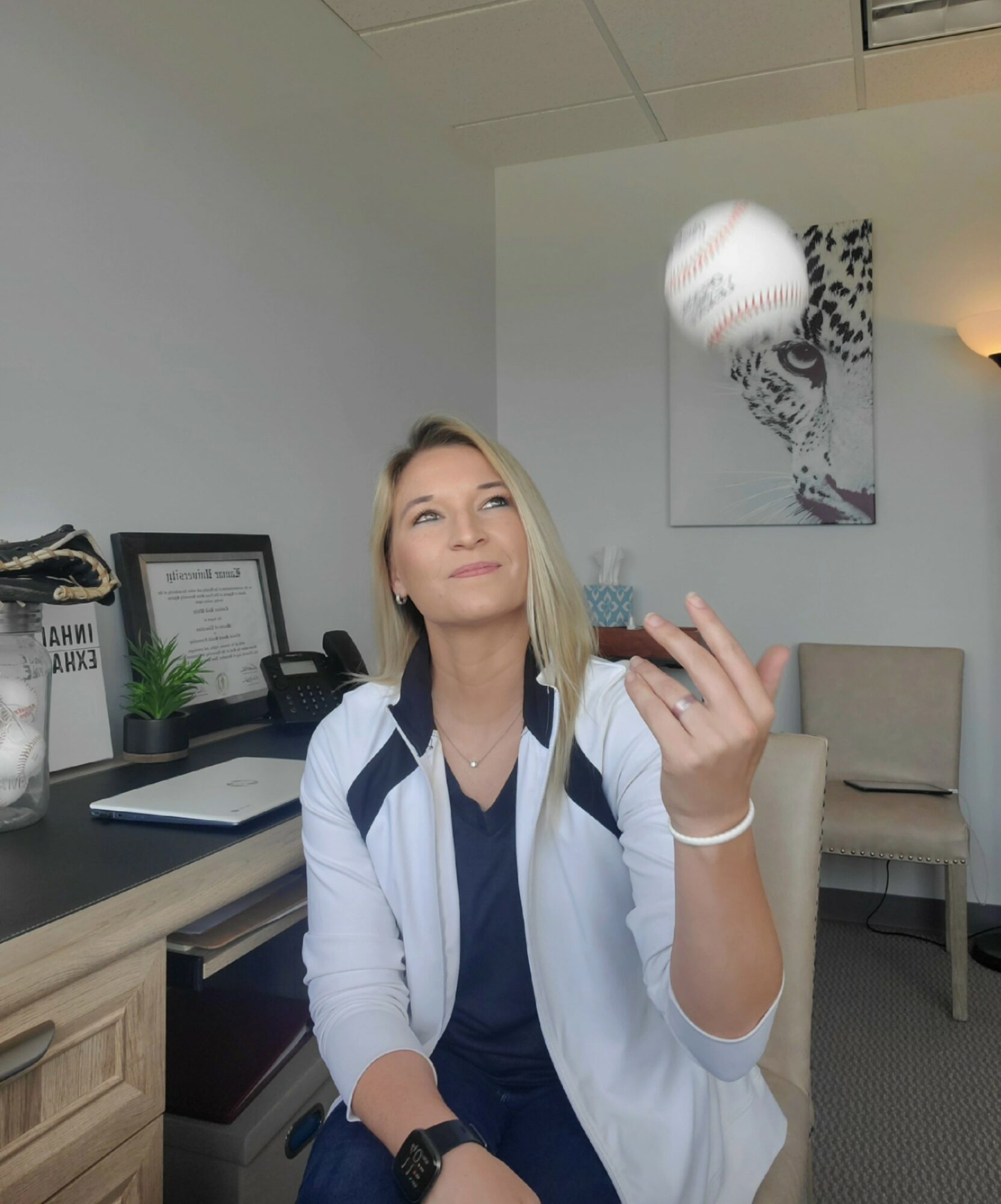
Image Credits
Sideline Shots

